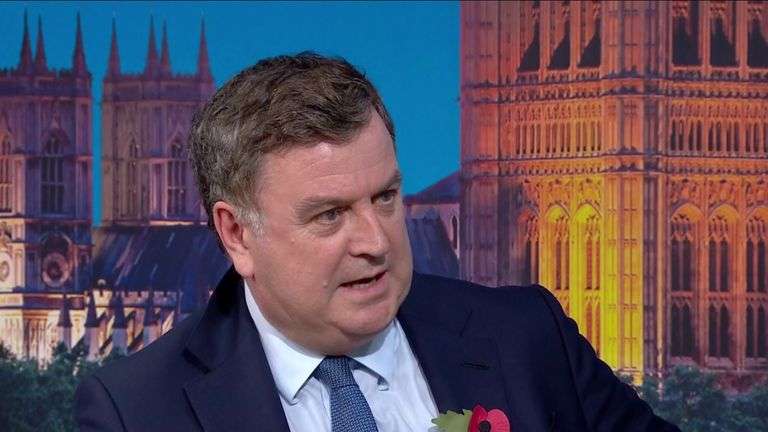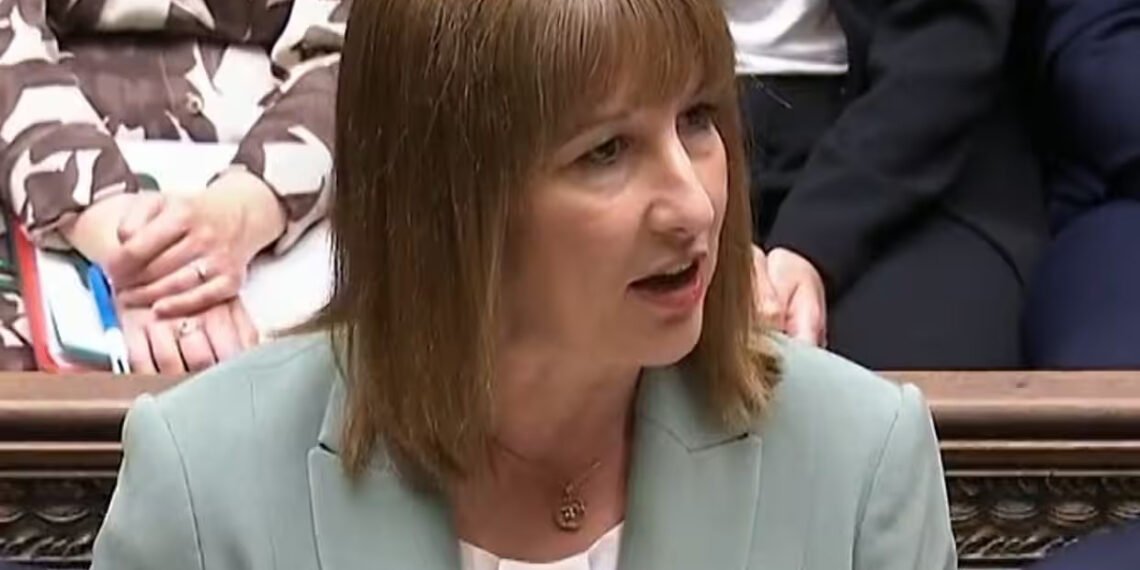Rachel Reeves has unveiled a bold spending plan aimed at “renewing Britain,” pledging billions for infrastructure, energy, housing, and transport — even as several key government departments brace for real-terms budget cuts.
In what she described as a move away from the “destructive choice” of austerity, the Chancellor delivered the government’s spending review with an ambitious promise: to reshape the nation’s economy and daily life through targeted investment.
But this renewal comes with trade-offs, and some departments, most notably the Home Office, are facing a significant financial squeeze.
“We are renewing Britain,” Reeves told Parliament.
“I know that too many people in too many parts of our country are yet to feel it. This government’s task, my task as chancellor, and the purpose of this spending review is to change that, to ensure that renewal is felt in people’s everyday lives, in their jobs and on their high streets.”
Rachel Reeves
Alongside a vow to end the use of asylum hotels by the end of the parliament — a move estimated to save £1 billion — Reeves said departments such as Defra, local government, and the Foreign Office will experience cuts. The Foreign Office, for instance, is set to see a near 7% reduction following the trimming of the foreign aid budget.

Despite budget pressures, Reeves insisted her choices reflected “Labour choices”, distancing herself from the approach taken during the austerity years under the Conservative-Liberal Democrat coalition. She noted that total departmental budgets would grow by 2.3% annually in real terms, contrasting this with the 2.9% yearly cuts during the previous era.
“Austerity was a destructive choice for the fabric of our society, and it was a destructive choice for our economy too, choking off investment and demand. Creating a lost decade for growth, wages, and living standards that is their legacy. My choices are different. My choices are Labour choices.”
Rachel Reeves
At the centre of the review is a £113 billion capital investment pool — made possible, Reeves said, through decisions to raise taxes and adjust fiscal rules in the autumn. But she acknowledged there would still be “tough decisions for stability”, referencing recent cuts to welfare and winter fuel support, as well as an increase in the employer national insurance rate.
Reeves Slams Opposition Parties
Midway through her address, Reeves took aim at her political rivals, stating: “The spending plans that I am setting out today are only possible because of the decisions that I took in the autumn to raise taxes and the changes to our fiscal rules. Every one of those changes was opposed by the parties opposite.”
She challenged the opposition to either support the funding plans or align themselves with the economic approach of Liz Truss: “Spend more, borrow more, with no regard for the consequences.”
The Conservative shadow chancellor, however, was quick to dismiss the plans, calling the review “not worth the paper that it is written on” and warning it heralded “a cruel summer of speculation” ahead of further tax hikes in the autumn. “This is the spend now, tax later review.”

Among the winners in Reeves’ plan is the health service, which will see a real-terms increase of 3% annually, equating to an additional £29 billion per year. Though lower than increases under some Conservative years, it remains the largest boost to day-to-day spending.
The defence sector is also a significant beneficiary. By April 2027, spending will rise to 2.6% of GDP, including funds for intelligence agencies. This accounts for £11 billion in defence funding and £600 million for national security services.
Angela Rayner’s housing department stands to gain considerably as well. Reeves announced a £39 billion fund to be disbursed over the next decade, targeting a revival in social housing after decades of neglect. Blackpool, Preston, Sheffield, and Swindon have already submitted proposals to tap into the fund.
READ ALSO: Ghana’s Economy Beats 2024 Figures with 5.3% Growth in Q1 2025























